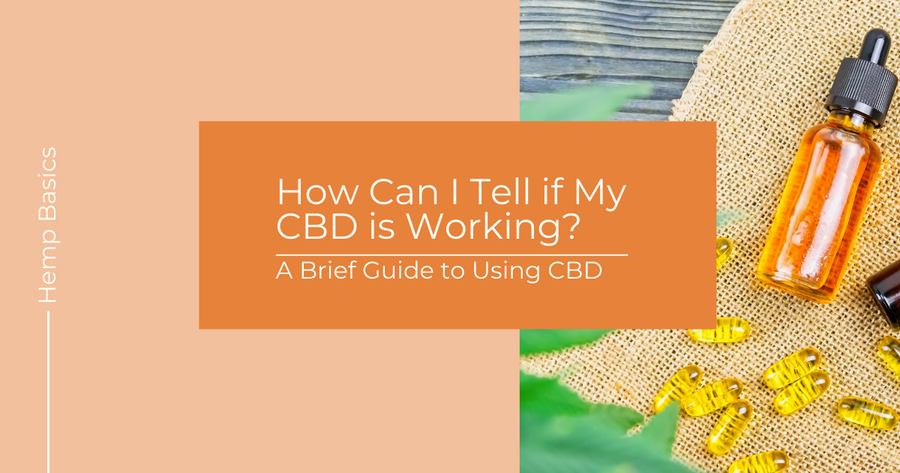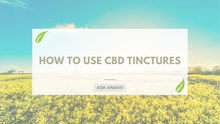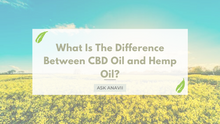Why hasn’t the FDA approved CBD Oil? CBD and cannabinoids are recognized as safe and effective. So, why hasn’t the FDA approved CBD oil? The FDA has only approved one CBD drug. The seizure drug, Epediolex, is the only FDA approved CBD medicine on the market. For unexplained reasons, the FDA has yet to regulate or approve CBD as a dietary supplement or food additive. This means that CBD sold on the market is largely unregulated and not subject to the same good manufacturing procedures that are required by other dietary supplements.
FDA Inaction: Why Hasn’t the FDA Approved CBD Oil?
The FDA has dragged their feet on regulating CBD even though one in seven people have used CBD oil. What makes FDA inaction particularly frustrating is that World Health Organization has recognized CBD as safe and effective. Why hasn’t the FDA approved CBD oil? More and more countries around the world have fast tracked the regulation of CBD and other cannabinoids as a dietary supplement and food additive. We ask again, why hasn’t the FDA approved CBD oil? This puts the American hemp industry in a bad place where other countries could soon create a robust hemp industry that outpaces the United States.
Why Would We Want The FDA To Regulate CBD?
Why would we want the FDA to regulate CBD? Well, we want the FDA to regulate CBD as a dietary supplement and food additive for a number of reasons:
- Consumer safety. We believe consumers should have access to safe and effective CBD products.
- Regulatory uncertainty is bad for business and limits investment
- Regulatory framework will be needed for the marketing of all other cannabinoids.
Because the FDA has been slow to regulate the industry, we have seen some self-regulation of the industry through programs like U.S. Hemp Authority Certification. The industry has made efforts to self regulate, so why hasn’t the FDA approved CBD oil?
FDA Jurisdiction over CBD: Why Hasn’t The FDA Approved CBD Oil?
FDA has jurisdiction over food and dietary supplements. So why hasn’t the FDA approved CBD oil? Is it because many people who take CBD oil as a supplement pose a threat to Big Pharma? We don’t know, but the FDA inaction has proved frustrating for the industry.
Current FDA rules prohibit adding CBD to food or labeling it as a dietary supplement. December 20, 2018 Trump signed Farm Bill legalizing hemp and taking it off the Controlled Substances Act. Shortly thereafter, the FDA said they would come out with a position on CBD shortly after.
Well, it’s late February of 2020 and we are still waiting. The 2018 Farm Bill legalized hemp, but there has been a lag in regulation that would advance the hemp and CBD industry.
FDA Sends Warning Letters To CBD Companies
The FDA released a statement on November 15 in 2019 detailing how they sent warning letters to 15 companies for selling products in a way that violates the Food Drug and Cosmetic Act. If the FDA is sending warning letters, then why hasn’t the FDA approved CBD oil? The FDA has warned companies previously, but the press release served as a warning to all CBD companies that they CANNOT claim that CBD prevents, mitigates, treats, or cures and serious diseases like cancer, autism, etc.
The 15 companies who received warning letters were:
- Koi CBD LLC, of Norwalk, California
- Pink Collections Inc., of Beverly Hills, California
- Noli Oil, of Southlake, Texas
- Natural Native LLC, of Norman, Oklahoma
- Whole Leaf Organics LLC, of Sherman Oaks, California
- Infinite Product Company LLLP, doing business as Infinite CBD, of Lakewood, Colorado
- Apex Hemp Oil LLC, of Redmond, Oregon
- Bella Rose Labs, of Brooklyn, New York
- Sunflora Inc., of Tampa, Florida/Your CBD Store, of Bradenton, Florida
- Healthy Hemp Strategies LLC, doing business as Curapure, of Concord, California
- Private I Salon LLC, of Charlotte, North Carolina
- Organix Industries Inc., doing business as Plant Organix, of San Bernardino, California
- Red Pill Medical Inc., of Phoenix, Arizona
- Sabai Ventures Ltd., of Los Angeles, California
- Daddy Burt LLC, doing business as Daddy Burt Hemp Co., of Lexington, Kentucky
CBD Is Sold Everywhere, Why Hasn’t The FDA Approved CBD As A Supplement?
Why hasn’t the FDA approved CBD oil? Well, short answer: we really don’t know why the FDA has chosen inaction on CBD regulation. CBD and cannabinoids in general have been proven safe and effective. Moreover, CBD poses much less of a risk than alcohol, nicotine, or even caffeine.
The FDA has stated concern over a lack of cumulative exposure data. Also, they have stated that they don’t want to treat CBD different than other supplements. On the contrary, the FDA has scrutinized CBD more than any other supplement on the market. There is no apparent risk with CBD that warrants this scrutiny.
Why Is FDA Inaction An Issue; Why Hasn’t The FDA Approved CBD Oil?
The real issue is that there are bad products being sold without good manufacturing practices, and there is no regulation or oversight of the CBD industry. Moreover, the lack of regulatory certainty has spurred industry growth and investment. Hemp farmers, CBD processors, and legislators are sharing their increased frustration with FDA inaction.
The FDA has only had one public hearing on CBD and has not made any progress with their promise to provide a legal pathway for CBD products. Anavii Market Co-Founder Jason Amatucci attended the FDA hearing to advocate for the CBD industry along with many other industry participants.
When asked about the need for FDA approval Mr. Amatucci had this to say:
Hemp is simply just an agricultural crop like others, and it’s food and extract products need to be treated like every other food and dietary supplement on the grocery store shelves. The hemp industry does not need any special regulations by the FDA simply because the products are derived from the cannabis plant. The FDA should treat hemp products just as they do oregano, fish oil, or turmeric. Hemp foods and extracts have proven to be GRAS (generally recognized as safe) and the FDA needs to make that determination public as soon as possible.
The general safety of CBD and cannabinoids as a class of compounds is well known. The CBD industry needs a path for dietary supplements and food additives in addition to FDA approved drugs. Why hasn’t the FDA approved CBD oil? We don’t know, but we urge them to take action.
Other countries are now moving faster than US in setting up their regulatory framework for cannabinoids. The U.S. risks being left behind if the FDA continues to drag their feet. We hope that legislative action can push the FDA to expedite the process of approving CBD as a dietary supplement and food additive.
FDA Commissioner Hahn Acknowledges CBD is Here To Stay
Just yesterday, FDA Commissioner Hahn addressed the use of CBD by Americans at a NASDA public policy conference. The commissioner acknowledged that many Americans are using CBD products, and that the FDA needs to be open to the fact that there is some value to CBD products. The FDA has failed to acknowledge the benefit that CBD has to offer in the past. They have been resistant to the CBD movement.
However, the sheer number of Americans using CBD products seems to have forced the FDA’s hand. The FDA can no longer refute the benefits of CBD or the fact that millions of Americans use CBD. The goal for the FDA now is to give Americans the information needed to make informed decisions about using CBD, and to set up a regulatory framework that ensures Americans are getting CBD products that have been produced using Good Manufacturing Practices.
The fight to get the FDA to approve CBD as a dietary supplement and food ingredient is not over, but this is a step in the right direction and shows that the FDA has no choice but to take action to keep up with consumer demand.
Looking for CBD Products? Contact Anavii Market Below!
For more information please feel free to contact us:
- Call – 502-209-8808
- Email – wellness@anaviimarket.com
- Message us on social media – @anaviimarket









